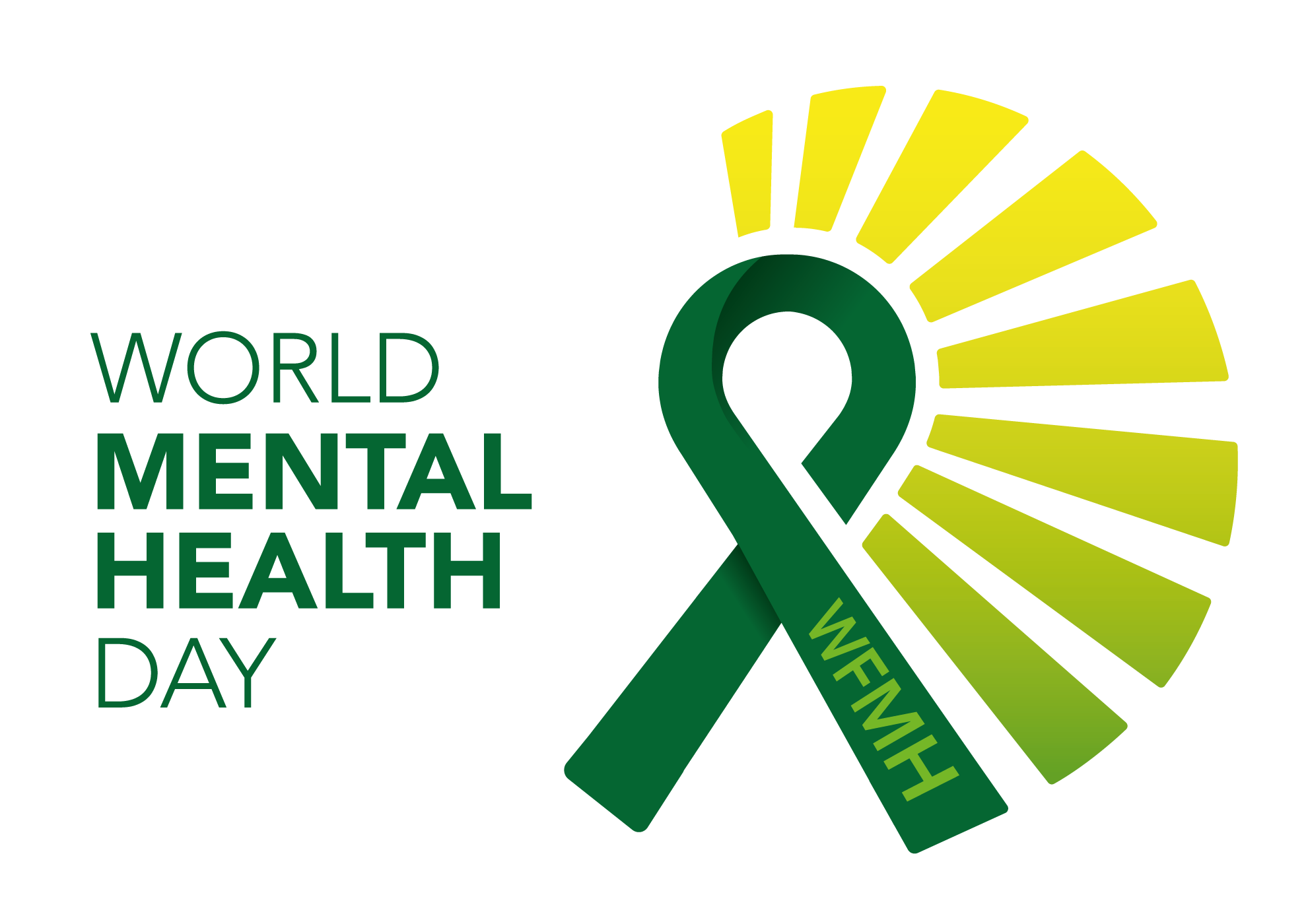Every year on October 10th, World Mental Health Day is observed. Many people suffer from mental illnesses and frequently find themselves alone. These problems are just as serious as physical illnesses and should be treated as such. A cancer diagnosis can be terrifying.
The diagnosis and treatment of cancer frequently result in a surge of unpleasant emotions such as anxiety, despair, and powerlessness. How to Handle These Emotions Cognitive Behavioral Therapy (CBT) has been proven to be an extremely beneficial intervention for anyone suffering from cancer. CBT investigates the interaction of our ideas, physical symptoms, and behavior. CBT reduces anxiety and sadness by providing the person with coping methods to help them cope with living with cancer and improve their quality of life.
In honor of Liver Cancer Awareness Month, I’ve compiled a list of some useful CBT coping strategies for cancer patients. Color Awareness and Color Breathing When we are diagnosed with cancer, we often wonder, “Why is this happening to me?” Of course, this might leave us feeling disappointed, furious, and out of control. We must strive to calm our minds and body to deal with these thoughts.
Conscious and colorful breathing are two ways that can help you cope. These strategies produce a soothing environment that aids in the relaxation of the mind and body. Mindful Breathing: Close your eyes and sit comfortably in your chair. Concentrate on your breathing by inhaling and expelling slowly. When a bad thought arises, allow it to pass through your mind without judgment.
If your mind wanders too far, getting uncomfortably uncomfortable, pull it back by focusing just on your breathing. When you’re irritated, work out for roughly 1015 minutes. Sit in a comfy chair and close your eyes once more. Slowly inhale and exhale. Pay attention to your breathing. Visualize the blue color every time you inhale, providing you a sense of serenity.
Allow yourself some time to engage with your feelings of worry. If you are worried outside of your designated worry time, simply write it down (on your phone or in a small notebook) and return to it later at your designated worry time. This technique will assist you in learning to control your persistent need to worry, thereby reducing stress and anxiety.
How to Instigate a Panic Attack: Choose your worry moment, the location where you will confront it, and the amount of time you will devote to it (aim for 1015 minutes a day, not just before bed). During the worrying period, concentrate on the worries that are bothering you. Respond to your concerns by asking yourself, ‘What am I reacting to as well?’ “How significant is that?” “Am I exaggerating?” “What advice would I give a friend if that was their concern?”
What can I do to deal with it? “Ignore other concerns” (or put them off to worry about time if necessary). Try to make the rest of your day worry-free. Engage with nature. Taking a deep breath of fresh air can significantly improve our mood and alleviate stress, sadness, and anxiety. on a bench, or go for a walk outside. Engage your senses by participating in this activity.
What do you notice? To make contact? To be moved? Can you hear me? Do you smell? Surround yourself with upbeat people. Make sure the people in your life are positive, supportive people with whom you can talk about things and who will encourage you when you are down. Being constantly surrounded by negative people can raise your stress levels and make it more difficult to manage. Maintain a positive inner dialogue. Be kind and encouraging to yourself.
When you’re feeling down, remember how great you are! Concentrate on the things in your life for which you are grateful. It can be difficult to be optimistic about oneself at times. We may find it difficult to feel positive about ourselves. Asking yourself, “If your man was going through all of this, what would you say to them to make them feel better?” is an easy way to increase your inner dialogue.
Try to follow this advice for yourself. Be gentle with yourself. Cancer is a difficult disease to deal with, and it is natural to feel ill at times. When you’re feeling down, try to do something that makes you happy. Take a walk, call a friend, make a cup of tea, watch TV, listen to music, and treat yourself! “Doing something you enjoy will make you feel better.”
(World Mental Health Day 2021 – Mental Health and Cancer 2021)








